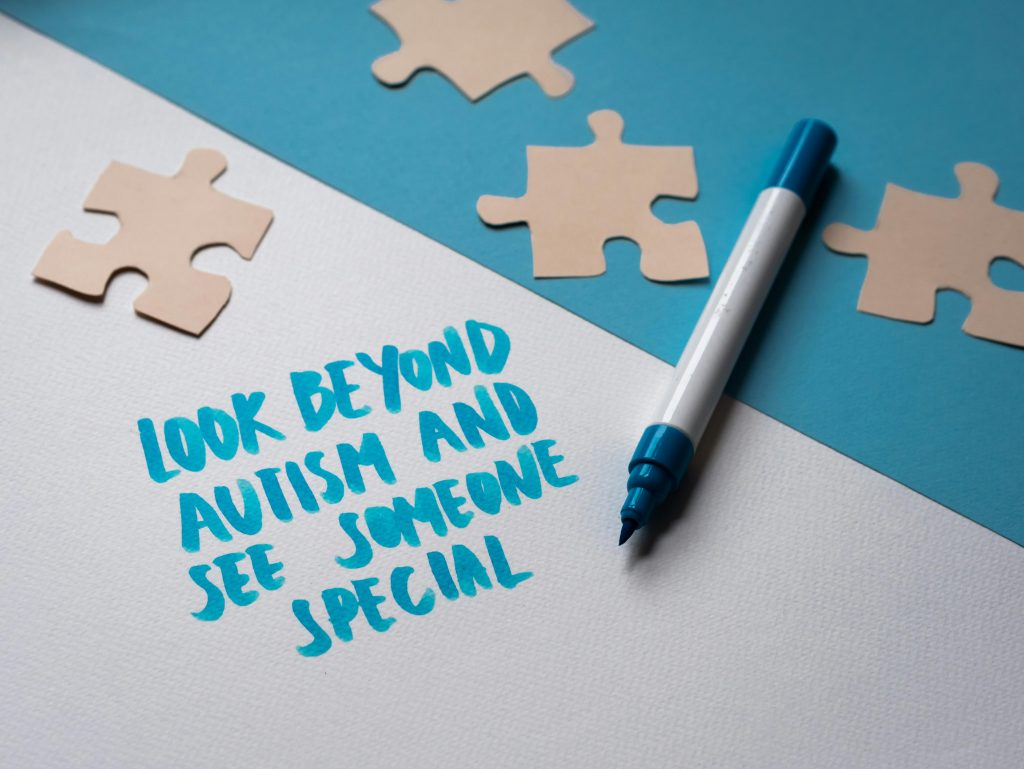There is still no definitive cure for autism. But with more research, it may be possible to find a treatment that works for the individual. Medication and alternative therapies are just two of the methods that may help. The World Health Organization states that a high standard of health is a fundamental right for all humans. Therefore, people with autism deserve better health research and care. By addressing medical issues associated with autism, many of the challenges associated with this disorder will be reduced or eliminated.
Treatments
There are many different types of treatments for autism, but there is only one type that has been proven effective: Applied Behavior Analysis (ABA). This type of therapy is based on learning theory and behavioral psychology principles. It has been proven to improve a child’s behavior and cognitive function. ABA also works to increase the child’s motivation and improve his or her communication skills. Another type of treatment for autism is called Discrete Trial Training (DTT). DTT is a method that breaks a skill into smaller steps, which are then reinforced with rewards to move the child closer to the target skill.
Another type of treatment for autism involves a doctor’s prescribed medication. Risperdal, for example, is an FDA-approved drug that is prescribed to children between five and 16 years old. It helps the child concentrate better and decreases anxiety. However, it is important to note that some doctors prescribe other kinds of medications that aren’t approved by the FDA. Your healthcare provider will need to discuss the risks and benefits of these drugs with you to make sure they’re right for your child.
Co-occurring conditions
Autistic people are often at high risk of co-occurring psychiatric and behavioral conditions. These conditions can significantly affect a person’s quality of life and can lead to a poorer outcome in the future for the autistic individual. Additionally, co-occurring conditions often increase parental stress and anxiety.
Co-occurring conditions in autism are a complex area, especially for clinicians who are trying to determine the causes of behavior problems in children with autism. For example, it may be difficult to differentiate restrictive interests from obsessive-compulsive disorder, or social disinterest from social anxiety. As a result, clinicians may misdiagnose these behavioral and emotional issues as autism.
Studies show that co-occurring conditions are common among children with autism, and they can severely impact the child’s quality of life. Improved estimates of their prevalence are needed to guide care, support early detection, and inform future research. The authors conducted a systematic review to obtain accurate information on the prevalence of autism and co-occurring mental health conditions among people with autism.
Medication
While there is currently no medication that will completely cure autism, certain medications are effective in treating certain symptoms and behaviors. Although the FDA does not approve the use of all medications for autism, antipsychotic drugs have been approved for use in children with autism. These drugs can help with irritability, compulsive behavior, and repetitive behaviors, which are common in autism. Other medications, such as antidepressants, can relieve anxiety and panic disorders.
When a child’s symptoms are affecting their ability to participate in normal activities, parents should consider medication treatments. While medication does not cure autism itself, it can reduce the symptoms of the disorder. It is important for parents to discuss their child’s condition with a child psychiatrist to find out if medications would help their child.
Alternative therapies
There are several alternative therapies for autism that have been shown to be effective. While most of these therapies have no scientific basis, some have had promising results. These include sensory integration therapy, massage, and music therapy. However, these therapies should be used cautiously, as there is no clear evidence to support their effectiveness.
Although these therapies have proven beneficial in some cases, they are not a suitable option for every autistic child. There is a risk of side effects and some may not be covered by insurance. Nevertheless, these therapies may be helpful in relieving anxiety and provide self-calming. However, they are unlikely to affect core symptoms of autism, such as abstract thinking, social communication, and sensory regulation. Special diets for autistic children are also popular, and may be an option for some children.
The benefits of herbal medicine are not widely known, but it has shown promise in treating autism symptoms in children. The main disadvantage is that herbal medicines have not been studied in controlled studies. Nevertheless, Gasparotto et al. (2017) reviewed the evidence for herbal medicine as an alternative therapy for ASD, and concluded that a controlled study is needed to determine their effectiveness.
